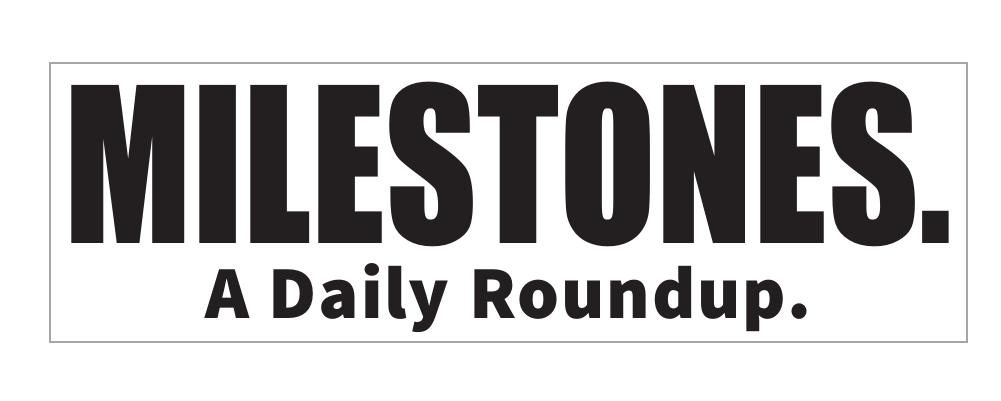Milestones: Wednesday, November 15, 2023

REVOLUTIONIZED STOCK MARKET — THE FIRST STOCK TICKER WAS UNVEILED IN NEW YORK CITY ON NOV. 15, 1867, revolutionizing the stock market by instantly communicating up-to-the-minute stock prices and bridging the gap between Wall Street and Main Street, America. Previously, floor traders at the New York Stock Exchange, which had been founded 75 years earlier (in 1792), had to depend on information conveyed by mail or messenger. The stock ticker’s inventor was Edward Calahan, who had reconfigured a telegraph machine to print stock quotes using streams of paper tape and was named “ticker” for the sound of the type wheel. This mechanical stock ticker became a hit with investors of the time and lasted through at least the last two decades of the 20th century when computerized and electronic displays gradually replaced the older models.
The popular ticker-tape parades to welcome home champion sports teams like the Yankees are named for the paper streams, which are sometimes cut up into confetti.
✰✰✰

Brooklyn Boro
View MoreNew York City’s most populous borough, Brooklyn, is home to nearly 2.6 million residents. If Brooklyn were an independent city it would be the fourth largest city in the United States. While Brooklyn has become the epitome of ‘cool and hip’ in recent years, for those that were born here, raised families here and improved communities over the years, Brooklyn has never been ‘uncool’.